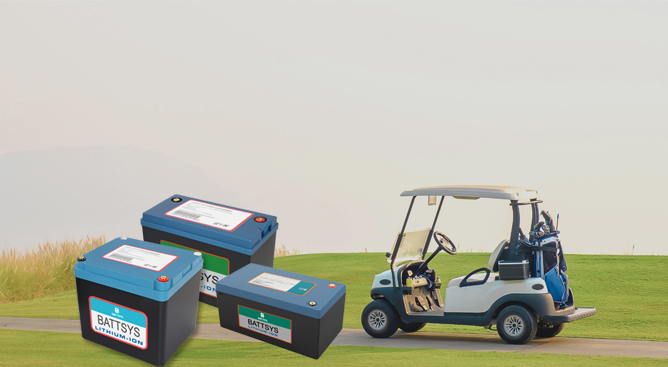Why can fuel cells and lithium batteries become power batteries?
Traditional lead-acid batteries were once the most important power batteries, but due to pollution and performance deficiencies, they are not only being replaced by the rising star lithium-ion batteries, but may also be surpassed by fuel cells. Lead acid batteries have low specific energy and require a relatively large overall weight and volume for new energy vehicles, resulting in a shorter driving time on a single charge; Short service life and high cost of later use. It goes against the concept of new energy vehicles due to pollution.
In terms of major features, currently, lithium batteries are widely used in devices such as mobile phones and computers. While new energy vehicles are useful, they are not as important and widespread as they are in small-scale applications. Corresponding to or even complementary to lithium batteries is the fuel cell, which seems to have been naturally born for electric/hybrid vehicles. So, for electric vehicles, should we choose lithium batteries or fuel cells? We still need to compare their main parameters here to explain.

1. Cost: High cost and complex hydrogen production process have become the main obstacles to the development of fuel cells. Lithium ion batteries have relatively low production costs, and their repeated charging and utilization are very convenient. Compared to other portable energy sources, they have higher cost-effectiveness.
2. Environmental friendliness: Both have minimal impact on the environment. The discharge product of burning batteries is water, which does not produce greenhouse gases generated after the combustion of gasoline/diesel. The discharge products of lithium-ion batteries may include lithium oxide, lithium hydroxide, etc., which will not have an impact on the environment. In addition, lithium-ion batteries can be reused.
3. Reaction material: Fuel cells use polymer membranes as electrodes to support the generation of electrical energy after the hydrogen oxygen reaction. Polymer films must undergo special processing to withstand high temperatures and mechanical stresses. Lithium ion batteries rely on lithium ion adsorption to store or release electrical energy. Lithium ions are lightweight, making them ideal for automotive power batteries.
4. Potential: If the cost of fuel cells can be reduced, they can truly serve as an alternative energy source to gasoline/diesel fuels. If the energy density of lithium batteries can be further improved and their cycle life can be longer, they will also be an excellent driving energy source.
E-Mail: inquiry@fentbattery.com
Tel: 0086 20 3901-1403
Address: No.3, Dongli Road, Xili, Dongyong Town, Nansha District, Guangzhou City, China
Copyright@ China lithium ion battery manufacturers & suppliers & producers | Lithium Battery Factory & Company-BATTSYS Sitemap